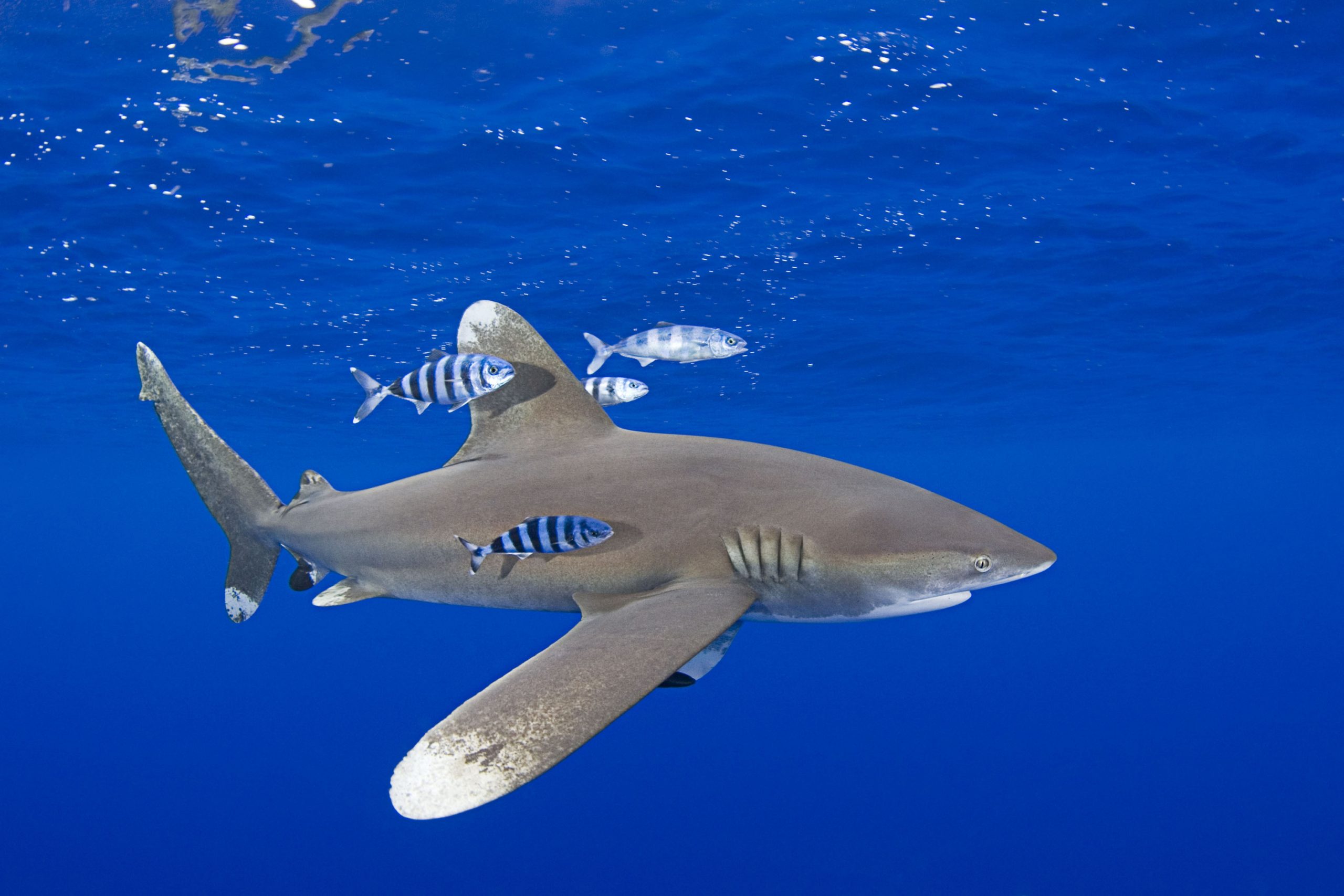By NETANI RIKA in Port Moresby
THE Pacific must act now to stop Oceanic White Tip Shark from extinction.
With White Tip stocks standing at five per cent of the original stock, the Worldwide Fund for Nature has called for an immediate recovery plan for the species.
John Tanzer of WWF International said urgent action was required to start rebuilding the oceanic whitetip population and to ensure that no other open ocean shark or ray ended up near extinction.
“It is unbelievable that a species that could be counted in the millions in the past is now facing extinction in the Western and Central Pacific Ocean, an area covering almost per cent of the Earth’s surface,” Tanzer said.
“The fact that overfishing for the oceanic whitetip is ongoing, in spite of the official catch and retention ban (a prohibition to intentionally catch and, if accidentally caught, to keep on board) that has been in place since 2011, points to the Western and Central Pacific Fishing Commission’s inability to manage fishing impacts on this species.’’
The WWF statement preceded the 16th WCPFC Regular Session in Port Moresby.
In the late 1990s, Oceanic Whitetip Sharks were the most common shark in the tropical oceans.
Scientists have described the situation for the species as catastrophic, especially in the Western and Central Pacific.
“Whether targeted for their highly prized fins for the international shark fin trade or caught accidentally (as “bycatch”) when fishing for tuna in the high seas, their population has plummeted drastically due to overfishing,” a WWF report said.
“(The) WWF urges members of the Western and Central Pacific Fisheries Commission (WCPFC) to prevent extinction of the oceanic whitetip shark by supporting the development of a recovery plan.”
The WWF wants WCPFC member states to adopt science-based solutions to prevent the potential extinction of the Oceanic Whitetip Shark and improve the plight of other sharks and rays harvested in the Pacific
During the Port Moresby talks, leaders will be asked to finalise and adopt a comprehensive conservation and management plan and catch quotas for all sharks and rays.
“With important decisions made by WCPFC only once a year and their consent-based decision-making process, it is of utmost importance that all member states take action and agree to adopt the recommended, science-based measures,’’ said D Andy Cornish, the WWF’s of shark and ray conservation programme.
“Only this way WCPFC will be able to conserve sharks – including the oceanic whitetip – and move fisheries towards a sustainable future.”
Sharks and rays, including the Oceanic Whitetip Shark, continue to make up a large percentage of annual bycatch – mostly by long-line fishing fleets – in the Western and Central Pacific.
Conservationists believe overfishing is the major threat to the 1200 species of sharks and rays known to science, with 25 per cent threatened with extinction back in 2014
